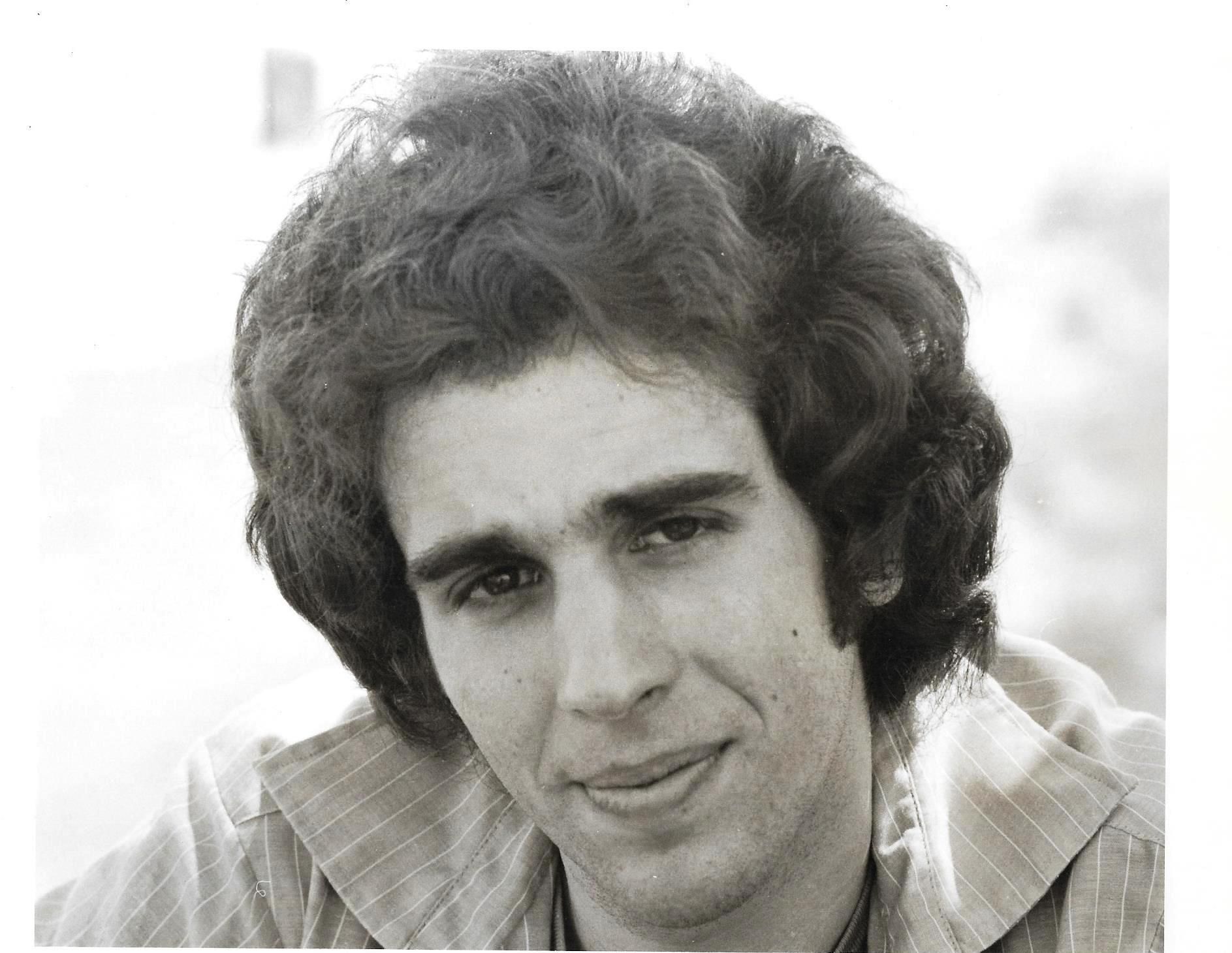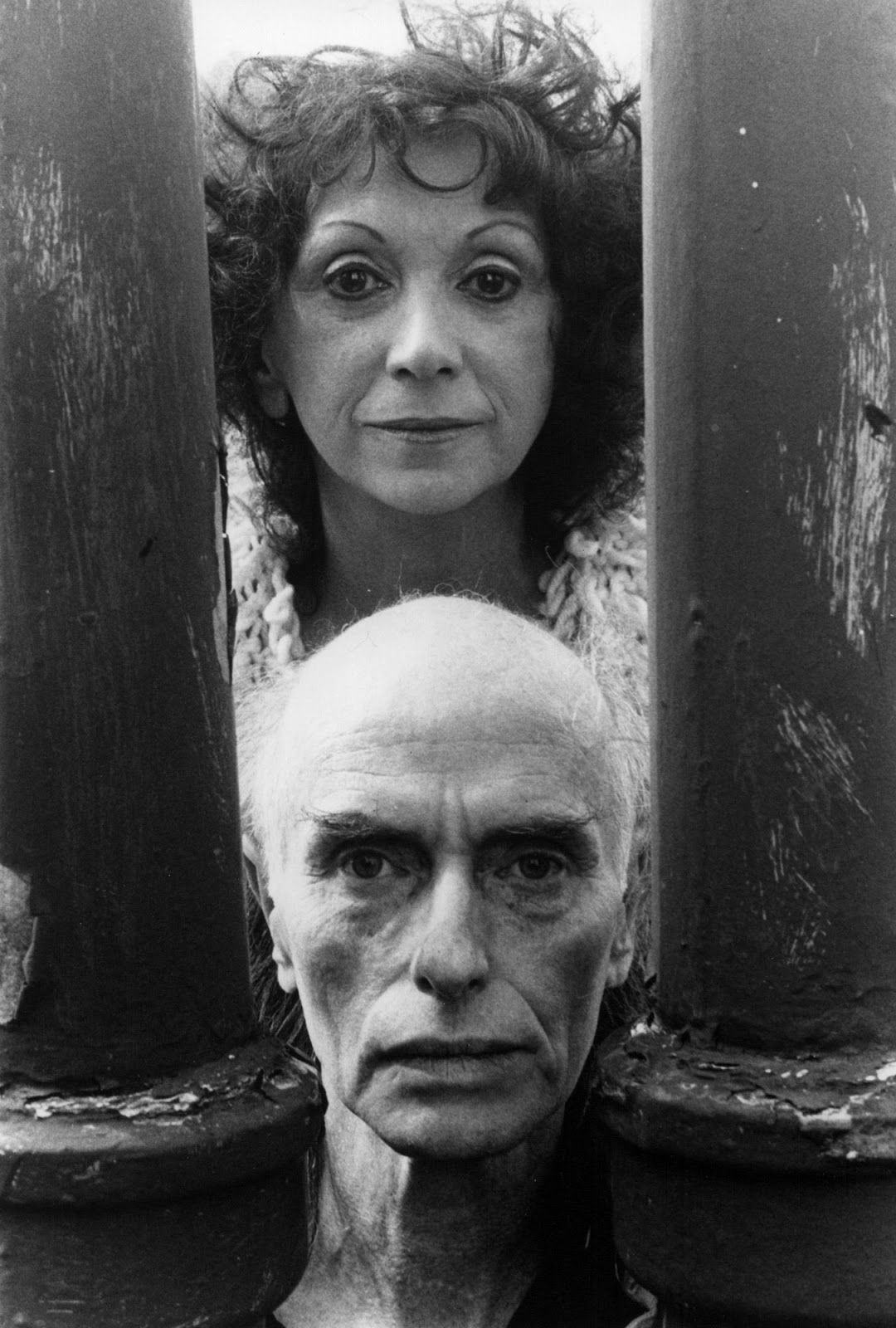Julian Beck - The Visionary Of Living Theatre
When you think about the world of performance, there are some figures who just stand out, truly changing how we see things, and Julian Beck is definitely one of those folks. He was, in a way, a guiding spirit for a whole different kind of stage experience, pushing what was possible and inviting audiences to feel things in a completely new light. His work wasn't just about putting on a show; it was about living out ideas, making art a part of everyday existence, and challenging the comfortable ways we look at society.
He, with his partner, Judith Malina, helped bring into being something called The Living Theatre, which wasn't just a group of actors but more like a collective, a sort of family, actually, dedicated to expressing deeply held beliefs through their art. They wanted to shake things up, to make people think, and to use the stage as a place for real, honest conversation about life's big questions. It was, you know, a very bold move for its time, stepping away from the usual, polished productions to create something raw and immediate.
Their approach to theatre, you see, was quite different from what most people were used to. It wasn't about grand sets or fancy costumes; it was about the human connection, the raw emotion, and the ideas themselves. They often took their performances right out into the streets, bringing their messages directly to people, blurring the lines between performers and onlookers. This way of working, you know, really left a lasting impression on many, many artists and thinkers who came after them, shaping how we think about theatre even today.
Table of Contents
- Julian Beck - A Life in Art
- What Made Julian Beck's Approach So Different?
- How Did The Living Theatre Challenge Norms with Julian Beck?
- Beyond the Stage - Julian Beck's Broader Influence
- Where Did Julian Beck's Ideas Come From?
- Can We Still See Julian Beck's Legacy Today?
- A Personal Glimpse of Julian Beck
- The Enduring Echo of Julian Beck
Julian Beck - A Life in Art
Julian Beck was someone who truly lived for art, particularly for the kind of art that pushed boundaries and asked big questions. Born in 1925, his path was always, it seems, headed towards creative expression. He started out with a strong interest in painting and poetry, which gave him a good foundation for thinking about how different forms of art could speak to each other. This early creative drive, you know, was a pretty clear sign of the expansive spirit he would bring to his later work. He was always looking for ways to express something deep and meaningful, and that search really shaped his entire career, in a way.
His real calling, however, became clear when he co-founded The Living Theatre in 1947 with Judith Malina. This was, as a matter of fact, a pivotal moment, not just for him but for the entire landscape of American theatre. They weren't just creating a theatre company; they were building a philosophy, a way of life, around the idea that art could be a direct force for social change and personal liberation. They wanted to break down the walls between performers and the audience, to make theatre a shared experience, almost a ritual, rather than just a passive viewing. It was, you know, a very bold vision, and it required a lot of courage and conviction to stick with it.
The Living Theatre, under Julian Beck's guidance, became a sort of living laboratory for experimental performance. They explored themes that were often quite uncomfortable for mainstream audiences, like war, poverty, and social injustice. Their shows were sometimes chaotic, often provocative, and always, truly, aimed at getting people to think and feel. They believed that theatre should be a direct experience, a moment of shared reality, and they weren't afraid to challenge conventions to achieve that. His commitment to this vision was, honestly, unwavering, even when faced with difficulties.
Personal Details and Bio Data of Julian Beck
| Full Name | Julian Beck |
| Born | May 31, 1925 |
| Birthplace | New York City, USA |
| Died | September 14, 1985 |
| Occupation | Theatre Director, Actor, Poet, Painter, Activist |
| Known For | Co-founding The Living Theatre with Judith Malina |
| Artistic Movement | Avant-garde, Experimental Theatre |
| Key Themes | Anarchism, Pacifism, Social Justice, Liberation |
| Spouse | Judith Malina |
What Made Julian Beck's Approach So Different?
So, what really set Julian Beck's way of doing things apart? Well, for one thing, he saw theatre as more than just entertainment; it was, you know, a powerful tool for asking questions and even, perhaps, for changing the world. He wasn't interested in making pretty pictures on a stage; he wanted to spark conversations, to challenge people's assumptions, and to encourage a deeper look at life. His productions often blurred the lines between the performers and the audience, sometimes inviting people to join in, which was, quite frankly, pretty unheard of at the time. This wasn't about watching a story unfold from a distance; it was about being a part of it, feeling it, and perhaps even contributing to its outcome. It was, basically, a very active kind of experience.
He also believed very strongly in improvisation and spontaneity. The scripts, if they even had them, were often just starting points, a kind of framework. The real magic happened in the moment, as the actors reacted to each other and to the energy of the room. This made every single performance unique, a truly living thing that could never be exactly replicated. It was, in a way, a rejection of the idea of a fixed, perfect show, embracing instead the beauty of the unexpected and the raw human element. This dedication to the immediate and the authentic was, you know, a really distinguishing feature of his work.
Another big part of his distinct style was his commitment to political and social commentary. The Living Theatre's plays weren't just stories; they were statements. They tackled issues like war, poverty, and freedom head-on, often with a clear message of protest and a call for a different way of living. This meant their work was sometimes controversial, even, you know, getting them into trouble with authorities, but Julian Beck never backed down. He truly believed that art had a responsibility to speak truth to power, and he dedicated his life to that idea, honestly. He wasn't afraid to make people uncomfortable if it meant getting them to truly think about things.
How Did The Living Theatre Challenge Norms with Julian Beck?
The Living Theatre, with Julian Beck at its heart, really did push against what was considered normal in the world of performance. For starters, they often rejected traditional theatre spaces. Instead of grand auditoriums, they might perform in lofts, on the street, or in public squares. This wasn't just a practical choice; it was a statement, a way of saying that theatre belonged everywhere, not just in fancy buildings. This made their art accessible to everyone, not just those who could afford a ticket, and that was, you know, a pretty radical idea back then. It was, essentially, about bringing art to the people, rather than waiting for people to come to art.
They also challenged the very idea of what an actor should be. Their performers weren't just playing roles; they were often embodying ideas, expressing their own convictions, and sometimes even, you know, confronting the audience directly. There was a raw honesty to their performances that was quite different from the polished, illusionary style of mainstream theatre. They weren't trying to pretend; they were trying to reveal. This meant their work could be intense, even, you know, a little unsettling at times, but it was always deeply felt and genuine. It was, in some respects, a very personal kind of acting.
Furthermore, their productions often broke down the invisible wall between the stage and the seats. Audiences might find themselves surrounded by performers, invited to participate in a scene, or even asked to share their own thoughts. This wasn't just a gimmick; it was a fundamental part of their philosophy, a belief that theatre should be a collective experience, a shared exploration. This kind of interaction was, basically, revolutionary for its time and really pushed the boundaries of what a live performance could be. It was, you know, a powerful way to make people feel truly involved.
Beyond the Stage - Julian Beck's Broader Influence
Julian Beck's impact stretched far beyond the confines of any stage. His ideas about theatre, about art, and about living a meaningful life, you know, resonated with many people who were looking for something more than the usual. He wasn't just a director; he was a philosopher, an activist, and a poet whose influence touched various corners of the counter-culture movements of his time. His dedication to freedom and to questioning authority, you see, inspired a whole generation of artists and thinkers who were also trying to make sense of a rapidly changing world. He was, in a way, a beacon for those who sought to live authentically and creatively.
His writings, too, were a significant part of his legacy. He wrote poetry and essays that explored his thoughts on anarchism, pacifism, and the transformative power of art. These writings offered a deeper insight into the principles that guided The Living Theatre and his own personal life. They showed that his commitment to these ideas was, honestly, deeply ingrained, not just something he put on for a show. He truly believed in the power of words to change minds and hearts, and his written work reflects that conviction, pretty clearly. It's almost like you can hear his voice speaking directly to you through his prose.
Moreover, his influence can still be seen in contemporary performance art and experimental theatre. Many artists today, you know, continue to draw inspiration from The Living Theatre's groundbreaking techniques, their commitment to social engagement, and their willingness to break all the rules. The idea of immersive theatre, for instance, where the audience becomes part of the experience, owes a lot to the groundwork laid by Julian Beck and his company. He showed that theatre could be a truly living, breathing thing, and that message, you know, still reverberates in the artistic world. His spirit, in some respects, continues to inspire.
Where Did Julian Beck's Ideas Come From?
You might wonder where Julian Beck got all these rather unconventional ideas. Well, a big part of it came from his deep engagement with anarchist thought and pacifist principles. He believed very strongly in individual freedom and in the idea of a society without oppressive structures. These political beliefs weren't just abstract theories for him; they were, you know, something he tried to live out every single day, and they directly shaped the kind of theatre he created. He saw art as a way to embody these ideals, to show people what a truly free and compassionate world might look like, basically. It was, you know, a very holistic approach to life and art.
His artistic background in painting and poetry also played a significant role. These early creative pursuits taught him about symbolism, metaphor, and the power of non-linear expression. He brought this understanding to the stage, creating performances that were often more poetic and symbolic than strictly narrative. This allowed for multiple interpretations and encouraged audiences to think deeply rather than just follow a plot. It was, in a way, a rejection of the purely logical and an embrace of the intuitive and emotional, honestly. He was, after all

Julian Beck

Pictures of Julian Beck

Pictures of Julian Beck